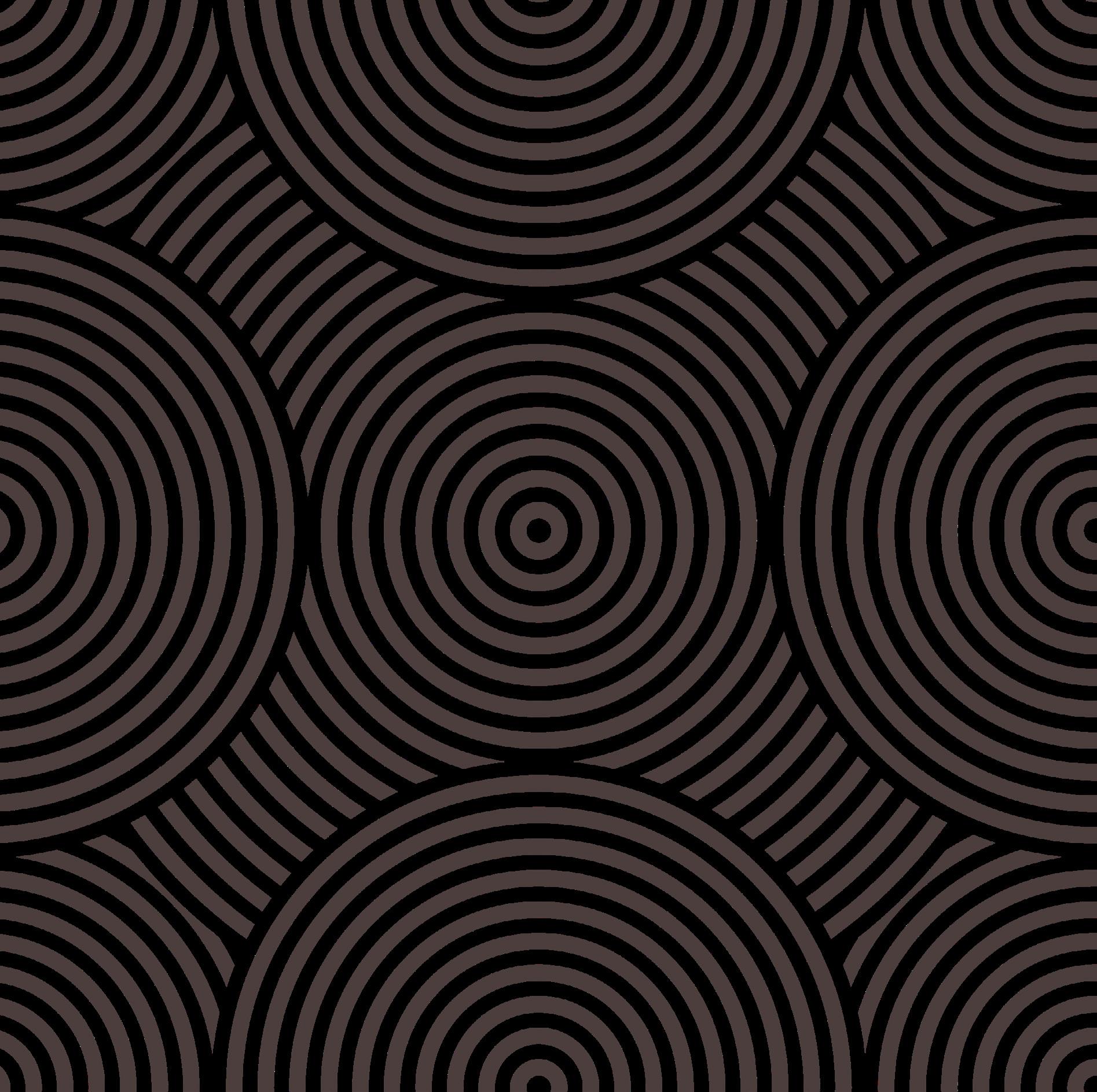foto: Eddie Mol
Disaster Preparedness: A Gen X Manifesto by Rebekah Villon
I am a huge fan of Ask Polly by Heather Havrilesky.
I remember myself. I understand it from the
It’s an advice column that transcends the writer’s
inside out.
immediate
situation,
urging
people
to
find
deeper connections with themselves and others.
Because Havrilesky is young (in her 30s when she
It’s heartfelt, vulnerable, and inspiring. So, of
wrote this book), and because she is reflecting on
course, I couldn’t wait to read her memoir, Disaster
her youth, the book deals a lot with the peculiarities
Preparedness.
of her family, and of families in general.
In Disaster Preparedness, Havrilesky writes candidly
forces that describe a whole generation.
When it comes to family, there is no escape. The beauty—and the nightmare—of family is how well they know you after so long, and how deeply you belong to each other. There is no easy exit. There are witnesses, and they remember everything.
Havrilesky is only a few years younger than I am, and
Later in life, she goes to therapy. As is often the case,
I am not sure I’ve yet read a memoir from someone
in therapy she works to tell the truth, to recover the
my own age. So, when she describes listening to Tea
innocence and transparency of a child, and to reveal
in the Sahara by the Police on her Walkman, playing
her authentic self. But she shares an insight that I
the boardgame Clue, or playing Barbies with her
find really interesting: is a person’s childhood self
sister, it’s as though she’s describing a childhood
really their authentic self?
about her childhood and youth, about her family and friends, and about the influences that shaped her adulthood. Along the way, she describes aspects of her life so specifically she perfectly captures the












